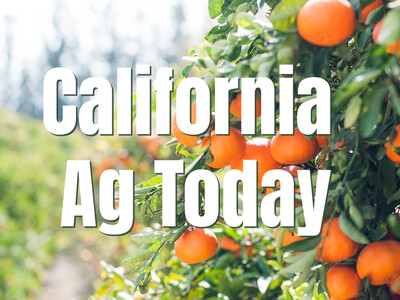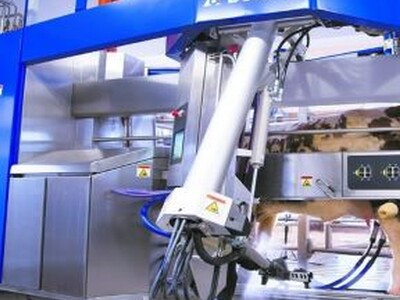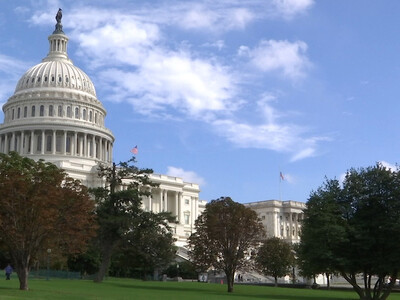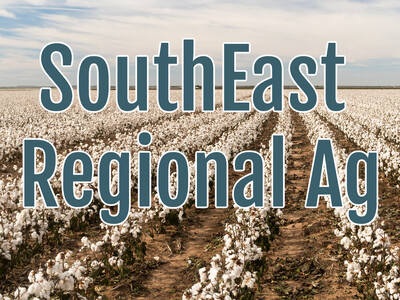Mexico Tomato Tariff and U.S. Beef to Korea Record
From the Ag Information Network, I'm Bob Larson with your Agribusiness Update.**The BC Tree Fruits Cooperative in Kelowna, British Columbia, has purchased 85 acres of land in Kelowna, with plans to build a new facility.
Thepacker.com reports, the cooperative is selling its Penticton facility and the changes are part of the BC Tree Fruit's One Roof plan, which calls for consolidation of all cooperative northern facilities at the new site.
It will be used for apple, cherry, pear and soft fruit packing, office space, and on-site cider production.
https://www.thepacker.com/article/bc-tree-fruits-consolidate-facilities-under-one-roof?mkt/
**Mexican tomatoes entering the U.S. are being hit with a 17.5 percent tariff after the Commerce Department terminated a decades-old tomato deal.
According to agrimarketing.com, Mexican exporters will face $350-million in additional costs each year which means U.S. consumers could eventually see tomato prices jump 40 percent
or more.
The termination reopened an anti-dumping investigation against Mexican tomato imports, but Commerce Secretary Wilbur Ross says the U.S. will keep working with Mexico toward a revised tomato pact.
https://www.agrimarketing.com/s/123670
**U.S. beef was banned in South Korea in 2003 after bovine spongiform encephalopathy was found in the U.S.
Today, according to agri-pulse, U.S. beef exports to South Korea have now exceeded the pre-BSE peak level of 597 million pounds in 2002, reaching 638 million pounds in 2018, making the U.S. the largest South Korea beef supplier.
U.S. beef exports reentered the market after the ban was partially lifted in 2006, then accelerated following implementation of the 2012 U.S.-South Korea free trade agreement.
https://www.agri-pulse.com/














